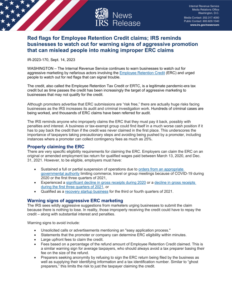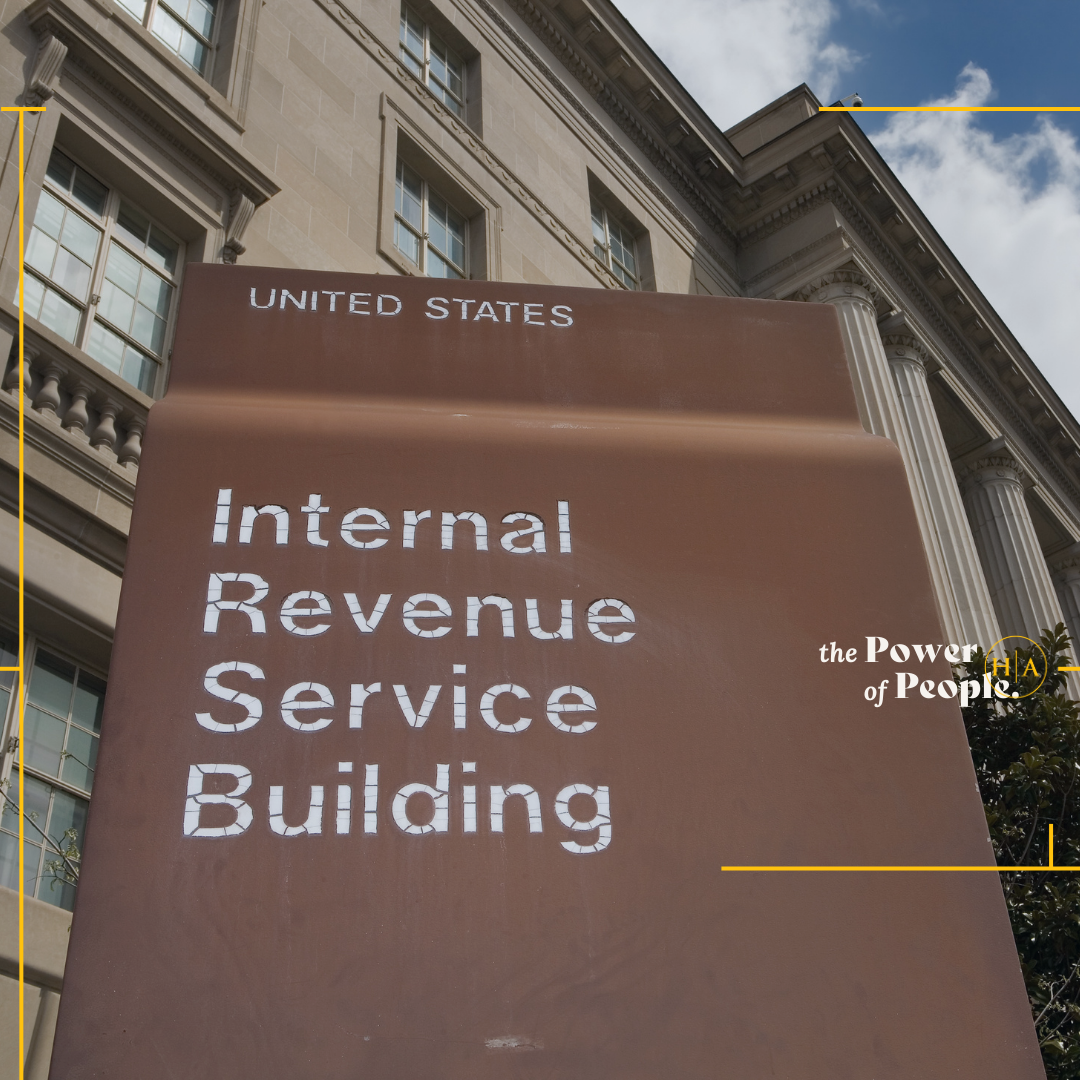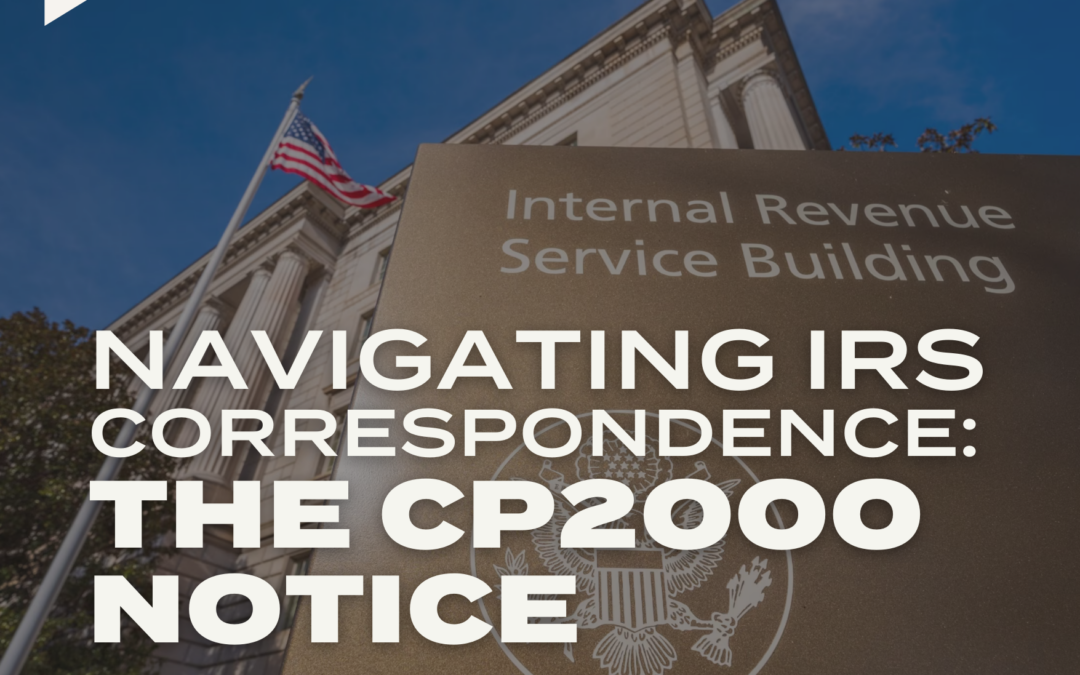
The Internal Revenue Service (IRS) is issuing a strong warning to businesses, urging them to remain vigilant in the face of aggressive marketing tactics related to the Employee Retention Credit (ERC), also known as the Employee Retention Tax Credit or ERTC. This legitimate pandemic-era tax credit has recently become a target for aggressive promotion and marketing campaigns that may mislead businesses into making improper claims.
Despite claims by promoters that ERC submissions are “risk-free,” the IRS is ramping up efforts to combat fraud through audits and criminal investigations. The consequences of improperly receiving the ERC can be severe, including the requirement to repay the credit along with potential penalties and interest. In some cases, businesses could find themselves in a more precarious financial position than if they had never claimed the credit.
To properly claim the ERC, there are specific eligibility requirements that employers must meet. Employers can claim the credit for qualified wages paid between March 13, 2020, and December 31, 2021. Eligibility hinges on factors such as a full or partial suspension of operations due to COVID-19-related government orders or a significant decline in gross receipts during specific periods.
Businesses are urged to be cautious and watch out for red flags associated with aggressive ERC marketing tactics, including:
- Unsolicited calls or advertisements promising an “easy application process.”
- Claims that promoters can instantly determine ERC eligibility.
- Demands for substantial upfront fees to assist with ERC claims.
- Fees based on a percentage of the ERC refund amount, similar to a warning sign for average taxpayers to avoid tax preparers basing their fees on refund size.
- Promoters unwilling to sign the ERC return and disclose their identifying information, posing a risk to the taxpayer.
- Claims from promoters asserting eligibility without conducting a thorough evaluation of the business’s specific circumstances.
- Businesses should also be aware that they cannot claim the ERC on wages reported as payroll costs for Paycheck Protection Program loan forgiveness.
To protect themselves from making improper ERC claims, businesses are advised to:
- Work with a trusted tax professional who can provide reliable guidance on ERC eligibility.
- Request a detailed worksheet explaining ERC eligibility and computations.
- Only apply for the ERC if they genuinely meet the eligibility criteria outlined on IRS.gov and seek professional advice when in doubt.
Businesses encountering ERC abuse or suspecting improper promotion are encouraged to report it to the IRS by submitting Form 14242, “Report Suspected Abusive Tax Promotions or Preparers.”
By staying vigilant and exercising caution, businesses can avoid falling victim to aggressive marketing schemes surrounding the ERC and ensure compliance with IRS regulations.
View IR-23-170 ERC Scam Warning Signs





